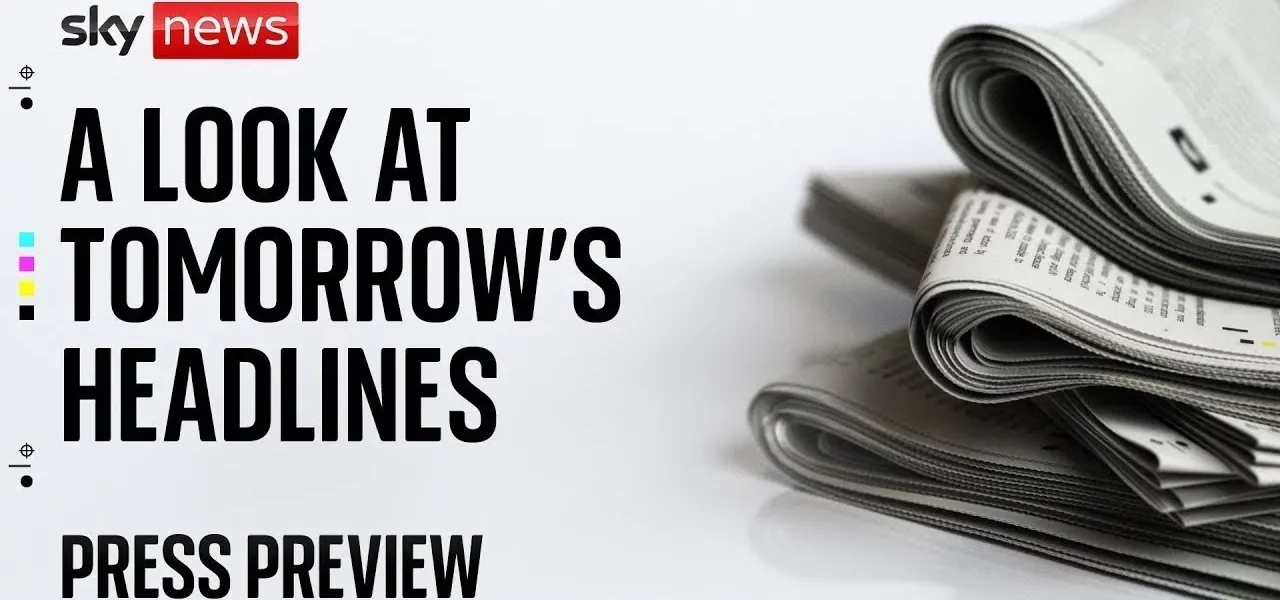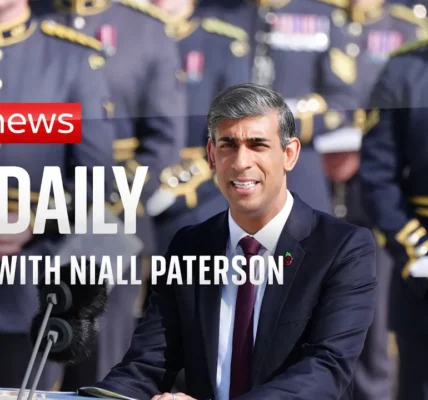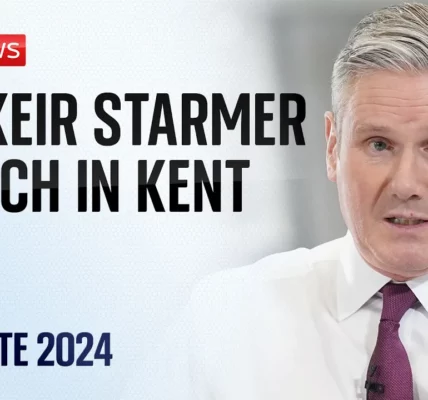Hezbollah Drone Attack on Israel and Political Reactions

This article provides a comprehensive overview of the recent drone attack by Hezbollah on Israel, the subsequent reactions from Israeli leadership and international bodies, and a glimpse into current UK political dynamics surrounding investment and National Insurance contributions.
Introduction
In a significant escalation of violence, Israeli Medical Services have reported that 61 individuals were injured, including three seriously, in a drone attack orchestrated by Hezbollah in Binyamina, a central city in Israel. This incident has raised alarms internationally, prompting Israeli Prime Minister Benjamin Netanyahu to call for the removal of UN peacekeepers from the region, amidst ongoing tensions between Israel and Hezbollah. Concurrently, political developments in the UK are drawing attention as the government hints at potential changes in National Insurance contributions, indicating a shift in economic policy as it seeks to boost investment.
The Hezbollah Drone Attack: A Breakdown of Events
The drone attack on the military base in Binyamina marks a critical moment in the ongoing conflict between Israel and Hezbollah. The following points summarize the key details surrounding this event:
- Israeli Medical Services confirmed that the attack resulted in 61 injuries, with four Israeli Defense Forces (IDF) soldiers confirmed dead.
- The drone strike targeted an army base, reportedly during dinner time, suggesting a calculated timing by Hezbollah to maximize casualties.
- Eyewitness reports indicated no prior warning or alarms before the explosion, highlighting the effectiveness of the attack.
- The incident has been described as one of the largest casualty events in Israel since the escalation of hostilities began.
Reactions from Israeli Leadership
In response to the attack, Prime Minister Netanyahu issued a stern warning to the United Nations, demanding the withdrawal of its peacekeeping forces from southern Lebanon. His statements highlighted a growing distrust towards international peacekeepers, as tensions between Israel and Hezbollah continue to rise.
International Implications and Reactions
UN Peacekeepers Under Scrutiny
The presence of UN peacekeepers in southern Lebanon has been a longstanding element in the region, aimed at maintaining stability since the 1970s. However, the recent actions by Israeli forces, including accusations of breaching UN positions, have led to a significant deterioration in relations:
- The UN peacekeeping mission (UNIFIL) reported injuries among its personnel due to Israeli actions, further complicating the situation.
- Critics argue that the effectiveness of UN peacekeepers is being undermined, raising questions about their future role in the region.
US Military Support for Israel
In light of the recent escalation, the United States has announced the deployment of troops and an anti-missile system to bolster Israel’s defense capabilities. This move underscores the US commitment to Israel’s security but also raises concerns about potential further escalation of military involvement.
UK Political Landscape: Investment and National Insurance Contributions
Amidst the international crisis, the focus shifts to the UK, where the business secretary hinted at a possible rise in National Insurance contributions for employers. This potential policy shift is seen as a response to the pressing need for increased investment in the UK economy:
- Prime Minister Rishi Sunak’s government is under pressure to present a robust economic plan, with expectations of an investment summit aimed at attracting global business.
- Concerns have been raised by unions regarding potential cuts to workers’ rights amidst efforts to streamline regulations to stimulate investment.
Business Investment Summit
The upcoming summit involving global business executives in London is being viewed as crucial for the UK government, which has faced criticism over economic management. The outcome of this summit could influence public sentiment and investor confidence significantly.
Conclusion
The Hezbollah drone attack has not only increased tensions in the Middle East but has also prompted significant political reactions from Israeli and international leaders. Concurrently, the UK government is navigating its own political challenges as it seeks to stimulate investment and manage public services amid economic pressures. As these situations evolve, the implications for both regional stability and UK economic policy remain to be seen. For more updates on this developing story, stay tuned to our related articles on Middle Eastern politics and UK economic policies.
“`




